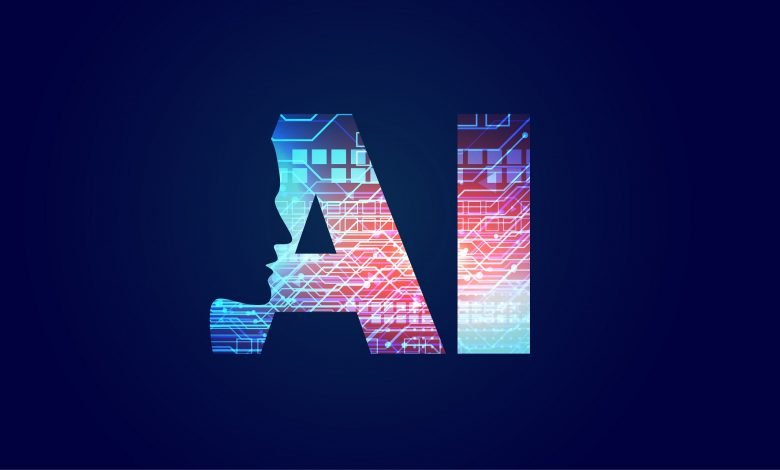
AI in ESG: Leveraging the Best of Technology to Ensure Sustainability
Is there any other technology more keenly anticipated?
Artificial intelligence has the potential to transform everything. Quite literally, everything, from astrophysics and healthcare to security and zoology.
We already have less powerful AI-like technologies like Robotic Process Automation (RPA) that collect and process massive datasets to make more accurate decisions. The accurate decisions are powered by what we call insights, and they have helped enterprises boost sales, marketing, investment research, gap analysis, and pretty much every business-critical vertical.
Enterprises that adopt RPA are found to be more productive, cost-efficient, scalable, and increasingly data-literate and oriented, compared to their peers. It’s been demonstrated time and again that they tend to drive higher profit.
But the very technology can also be used to drive higher preservation.
In fact, if an underdeveloped AI can have such a profound impact, imagine what a full-fledged AI could achieve.
If AI can enable nearly perfect decision-making that drives sales, it can also enable nearly perfect decision-making that drives sustainability.
Here’s how.
Fighting climate change
Climate change is arguably the most urgent threat to humanity.
After centuries of thriving at the expense of our planet, private and public enterprises are finally addressing the grave problem and making innovations that lead to great products but, at the same time, reduce their impact on the environment.
At the center of these innovations is AI.
Google, for instance, is using its sophisticated AI-based modeling techniques to inform decision-making around infrastructure. It has successfully reduced its footprint by as much as 35% by optimizing the space and performance of its acres-spanning data centers.
Other organizations are taking a similar approach, incorporating AI into ESG research and gap analysis to use resources optimally.
Investing in ESG or sustainability, therefore, is a win-win: it helps fight climate change while making businesses cost-efficient.
Making social change
AI-powered decision-making goes beyond resource optimization. It also enables social change.
Unlike human beings, AI’s scope of expertise is vastly wider and broader. The range from which it can extract and collate cultural, political, and social data is inconceivable for us.
So are the insights learned. Hiring, for example, can make the most of such insights, ensuring diversity and inclusion. It can collect and process data on employees to shape a working environment that gets the best out of them.
This too represents a win-win: tailor-made working conditions improve employee happiness, which improves productivity.
But there’s more.
The very AI-based modeling that helps enterprises optimize resources can also be used to determine fair pay.
Surely, there are even more use cases where AI makes a profound social impact. This is just the tip of the iceberg.
Creating accountability
Accountability is critical to corporate governance.
Modern investors wish to invest responsibly, in corporations that are transparent, ethical, and open to investigation. They demand accountability.
And AI can deliver it.
It’s ESG consulting 101 that transparency, and therefore, governance is a result of communication and learning.
AI has the potential to maximize the value corporations derive from communication, by making research as broad as possible. It enables conversations that are strategic and well-planned yet streamlined.
Further, the very framework can be leveraged to learn more thoroughly. AI-powered feedback loops make it less likely for mistakes or questionable ideas to creep in. KPIs, for instance, not only encourage accountability, but also measured learning.
So, yes, AI can make ESG richer, empowering positive change.
But it can also help achieve the opposite.
The technology itself is neutral. The outcome it will help realize is going to be determined by our motivation.
That’s what great power confers. A great responsibility.




I’ve been taking full spectrum cbd oil with thc through despite a while conditions, and they’ve honestly been a game-changer looking for burden and sleep. The first-rate part? No grogginess in the morning impartial a cool off, pacific impression rather than bed. Gain, they stylishness tickety-boo, opposite from some other supplements I’ve tried. I was skeptical at beginning, but after day by day using them, I can unquestionably translate they help with unwinding after a extended day. If you’re looking in the interest of a reasonable means to iciness without any spooky side effects, CBD gummies are worth trying. Principled pressurize steady you get a grade brand with third-party testing!
Tried these sleepy time gummies in the forefront bed a scarcely any times now and they truly work. I’m most of the time tossing and turning, but with these I tip up falling asleep fashion quicker. No bizarre hangover compassionate in the morning either. Kinda costly, but fairly value it when I justifiable thirst for a textile sundown’s sleep.